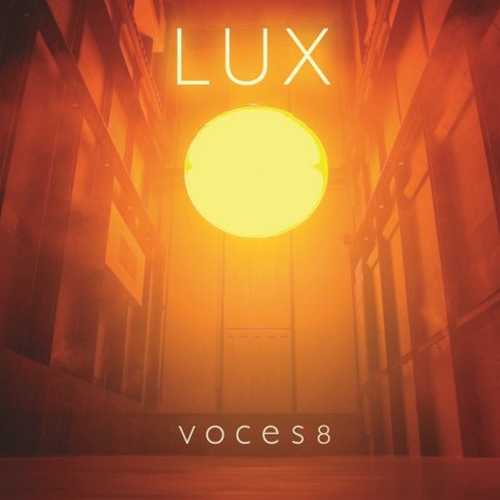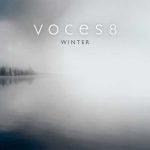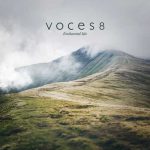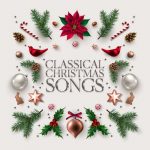
Performer: Voces8, Andrea Haines, Emily Dickens, Christopher Wardle, Barnaby Smith, Oliver Vincent, Samuel Dressel, Paul Smith, Dingle Yandell, Christian Forshaw, Matthew Sharp
Format: FLAC (tracks)
Label: Decca
Release: 2015
Size: 1.27 GB
Recovery: +3%
Scan: yes
Ola Gjeilo:
01. Ubi Caritas
Thomas Tallis:
02. O Nata Lux
Edward Elgar:
03. Lux Aeterna
Robert Del Naja, Grantley Marshall, Andrew Vowles, Elizabeth Fraser:
04. Teardrop
John Tavener:
05. Mother Of God, Here I Stand
Gregorio Allegri:
06. Miserere Mei
Ēriks Ešenvalds, Sara Teasdale:
07. Stars
Rihards Dubra:
08. Ave Maria 1
Patrick Hawes:
09. Prayer To A Guardian Angel (with Matthew Sharp)
Sergey Rachmaninov:
10. Bogoroditse Devo
Morten Lauridsen:
11. O Nata Lux (with Christian Forshaw)
Benjamin Scott Folds:
12. The Luckiest
Anonymous:
13. Corde Natus Ex Parentis (with Christian Forshaw)
Will Todd:
14. My Lord Has Come
Paul Mealor:
15. Ubi Caritas
Bonus Tracks
Christian Forshaw:
16. In Paradisum (with Christian Forshaw)
Patrick Hawes:
17. Prayer To A Guardian Angel
John Sheppard:
18. Libera Nos 1 (with Christian Forshaw)
19. Libera Nos 2 (with Christian Forshaw)
Warmth, radiance, guidance and comfort: from the pale glow of moon or starlight to the blaze of summer sun, light has always been a symbol for our most basic human needs, both physical and spiritual. In compiling the music for this album, we found ourselves returning time and again to this idea of the desire for comfort being expressed through music. Composers of the Renaissance era would of course draw on sacred texts, where light is often closely linked to hope, security and salvation, and our more contemporary offerings follow in that tradition.
Even those pieces we have chosen which do not explicitly reference light still hint at the solace which it provides. On the works presented here, this has led to settings where the music reinforces the text’s meaning through warm harmonies and gentle textures. There is, for us, something inherently comforting about the sound of unaccompanied voices in harmony (and the added “voices” of our instrumental guests only serve to enhance that), and if these pieces show one thing, it is that composers across the ages have felt the same way.



